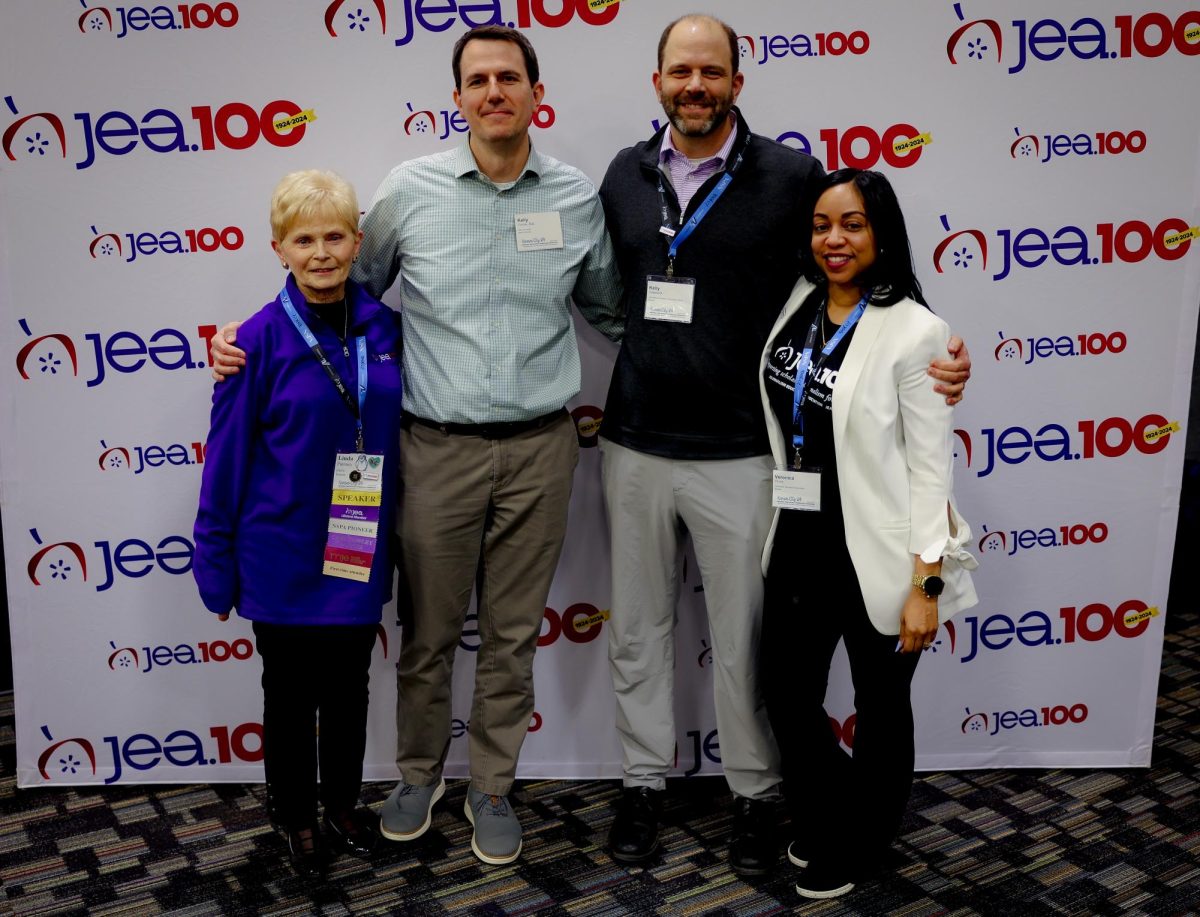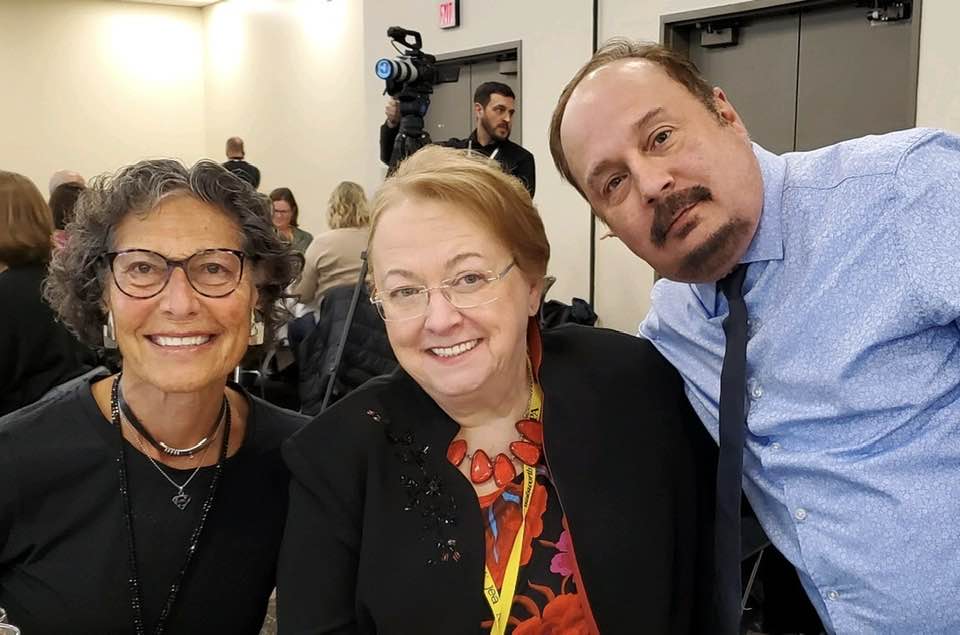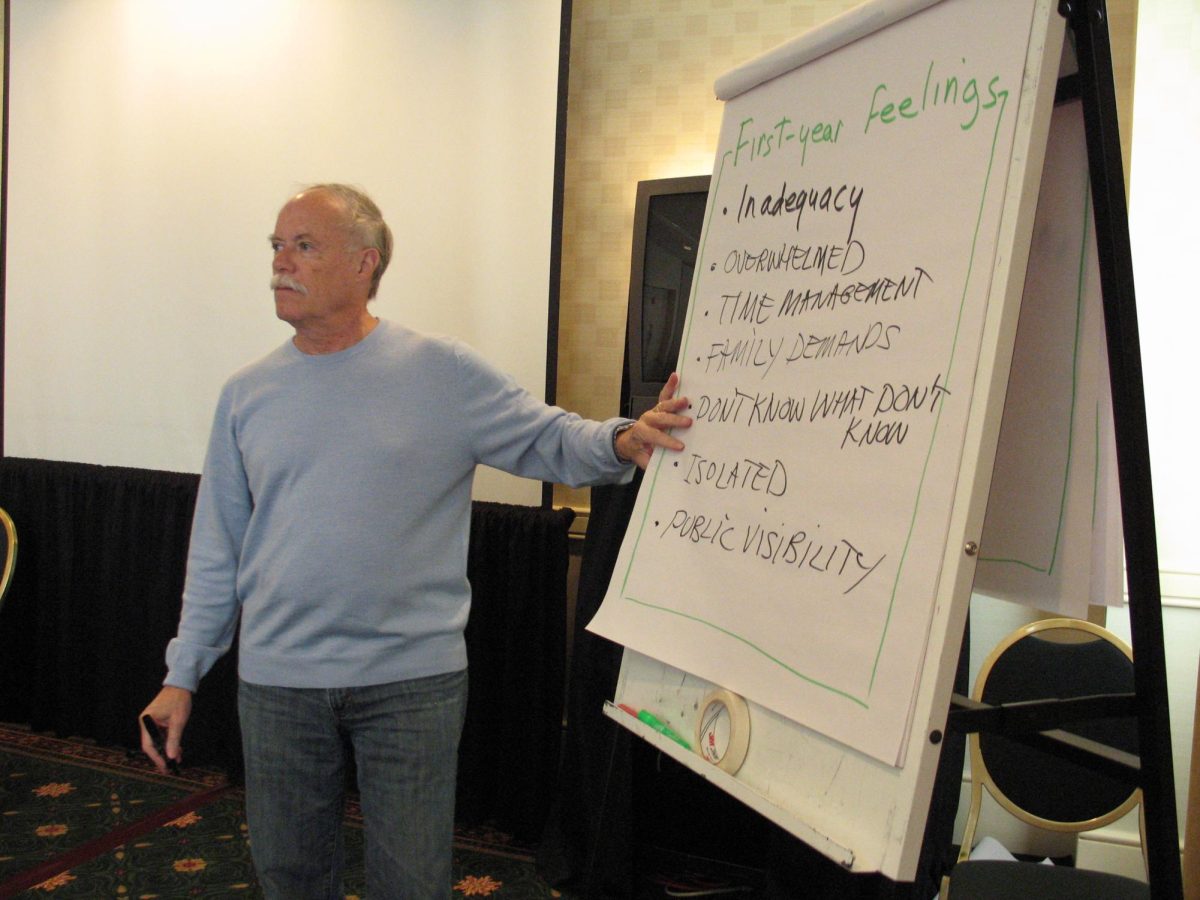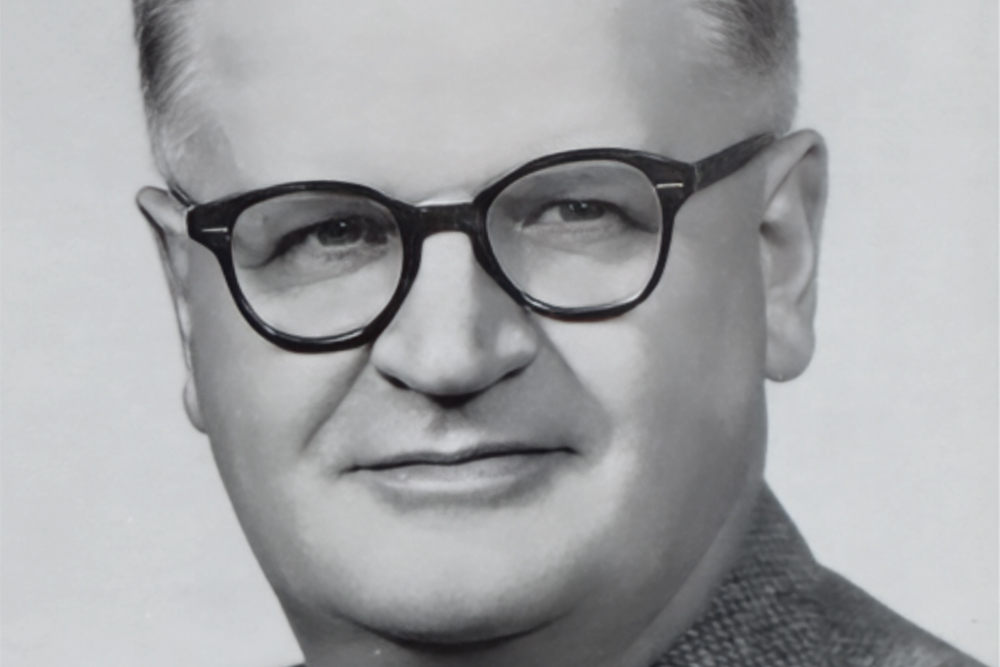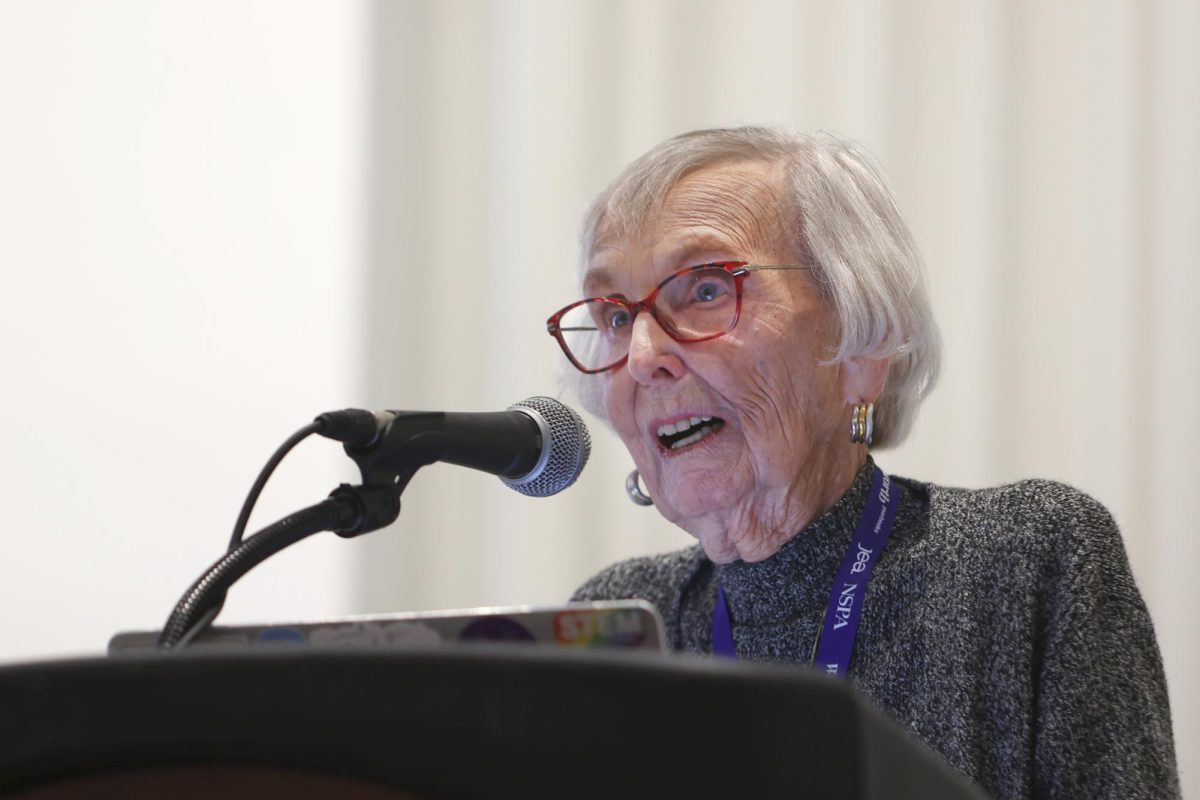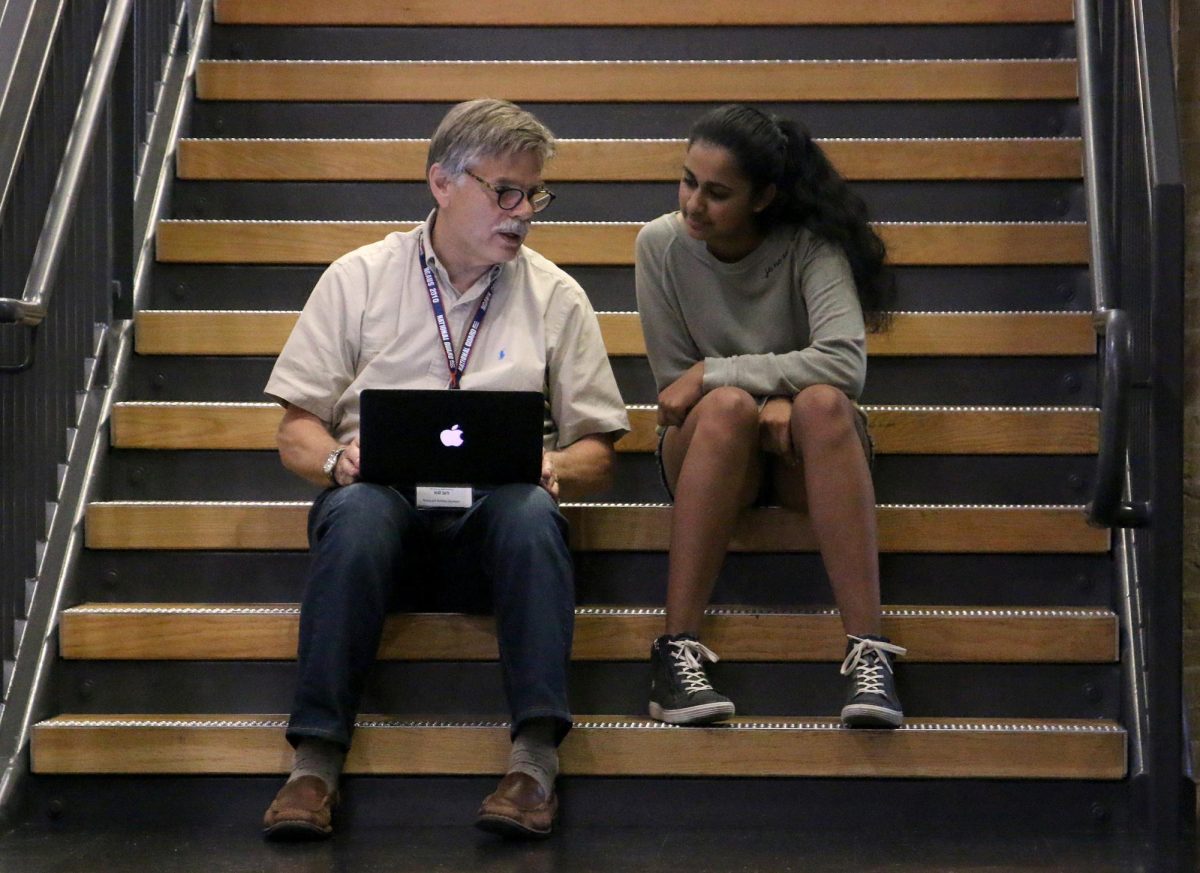More than anything else, Max Haddick was a storyteller. He told tall tales of traveling across Mexico on a BSA motorcycle, of lugging a sewing machine over a Philippine mountain during World War II, of working as a Fort Worth newspaper reporter and editor. He was good at most things and competent at almost everything. His bachelor’s and master’s degrees were in economics. He was a master electrician. For a short while, he was the only worker with a doctorate in journalism who was stringing industrial wire at a Dow Chemical plant outside Houston.
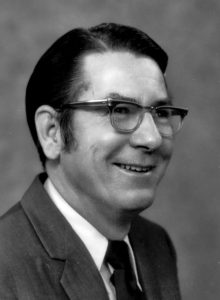
Haddick grew up outside Mexia during the Depression and earned money as a delivery boy for the Fort Worth Star-Telegram. He lost most of his vision in his left eye trying to prevent a thief from stealing his father’s tools. “He kept the burglar at bay long enough for help to arrive,” his son Carl said, “but as he turned away, the thief lashed out with a chain. The last link of the chain drove into Dad’s left eye.”
The injury almost kept him out of the military during World War II, but Haddick was determined to serve. His efforts to enlist failed because of his partial blindness, but then he received a draft notice from the Army, passed his physical and was shipped to the Pacific.
After the war, he returned to Texas to earn his degrees and taught briefly in Texas Christian University’s new journalism department, where he served as acting chair for a year. One of his students, Bob Schieffer, went on to host CBS’ “Face the Nation” and anchor the “CBS Evening News.”
In 1960, Max packed his wife and young son, moved to Austin and threw himself into his job as director of journalism for the University Interscholastic League. He not only directed the journalism program but also proofed math, science and slide rule contests.
During his seventeen years as ILPC director, the program grew from 358 schools in 1961 to 869 in 1978. At a banquet in 1978 honoring Haddick, DeWitt Reddick said, “Max never ceased to amaze us with his unending energy and quest for the finest that scholastic journalism could offer. He was continually working, improving this or getting involved in that. When he first came to the League, there was no yearbook competition. Max recognized the potential and importance of having yearbooks as part of the ILPC program, and, in no time, we were looking for yearbook judges.”
Haddick also expanded the individual achievement awards, introduced the Edith Fox King teaching awards, proposed and directed the first ILPC summer publications workshops, and established the ILPC convention as an entity separate from the UIL State Meet.
As the program expanded and improved, Haddick was honored with CSPA’s Gold Key, NSPA’s Pioneer Award and JEA’s Carl Towley Award. ILPC’s “Teacher of the Year Award” is named in his honor.
“In many ways, Max was a true Renaissance man,” former UIL director Rhea Williams said. “He was a jack of all trades. He could fix anything, from a car to a ditto machine. What’s more, Max knew a great deal about practically everything: science, math, you name it.
“I know of no one who had better rapport with students and sponsors than Max,” Williams added. “He was a strong believer in freedom of the press but he believed just as strongly in press ethics and responsibility, and he instilled these values into the organization.”
Though he rarely spoke of it to friends or colleagues, Haddick returned from World War II suffering from what is today considered post-traumatic stress. “After the war, Dad needed some time to recover,” Carl Haddick said. “He spoke just enough of battle for me to know some of what he went through, and at the end of the war, he carried a 95 percent nervous disability.”
Like many of the veterans of his day, he medicated himself by smoking cigarettes, one after another. Several times, his health failed him during moments of high stress. By his own count, he was hospitalized ten times for nervous exhaustion and/or heart incidents. Prior to the 1978 spring ILPC convention, he suffered a minor heart attack and, less than a year later, was forced to accept a medical retirement.
“I can no longer bear the stress,” he wrote in his final Leaguer column. “My heart, nerves and will have been sapped too much over the years. There was a depression, a war, a few injuries and a long hard struggle that have left scars on me. Ten times I have been hospitalized for nerves, heart attack and general exhaustion. Now, my doctor has ruled me out of the game.”
Haddick retired to Mexia, not far from his childhood home, and died there — the victim of a heart attack — on April 29, 1986.


